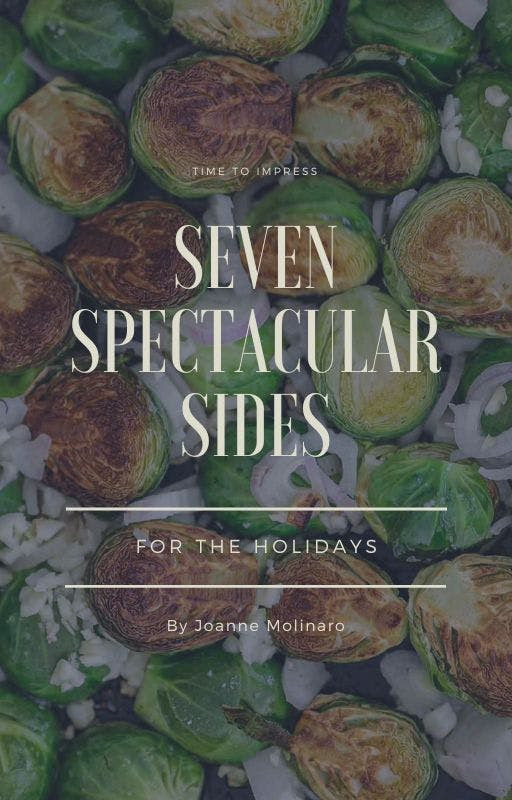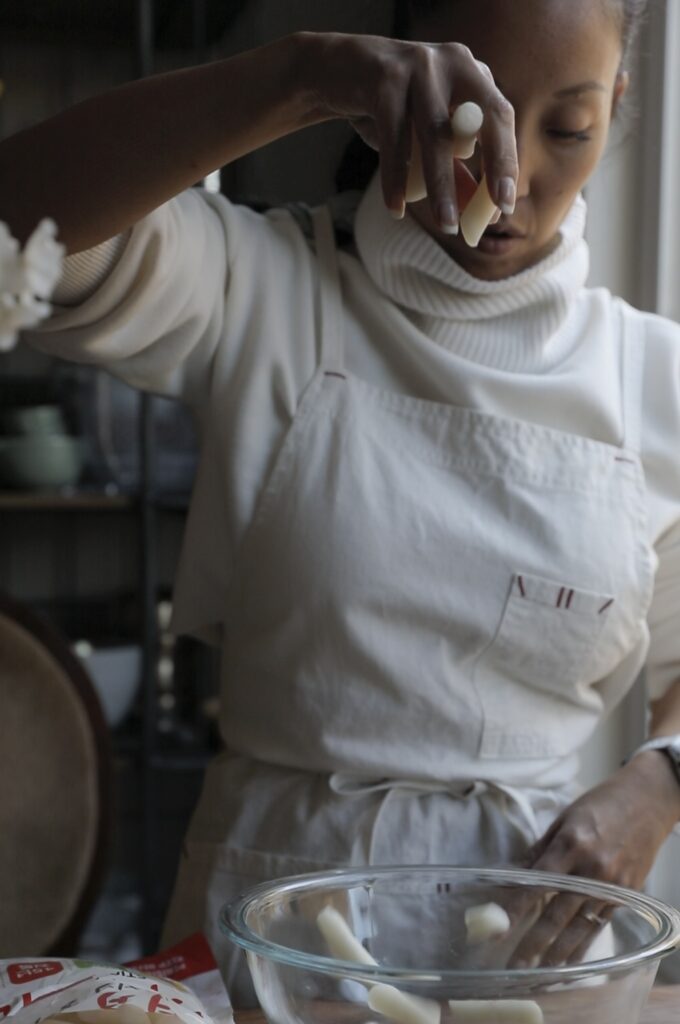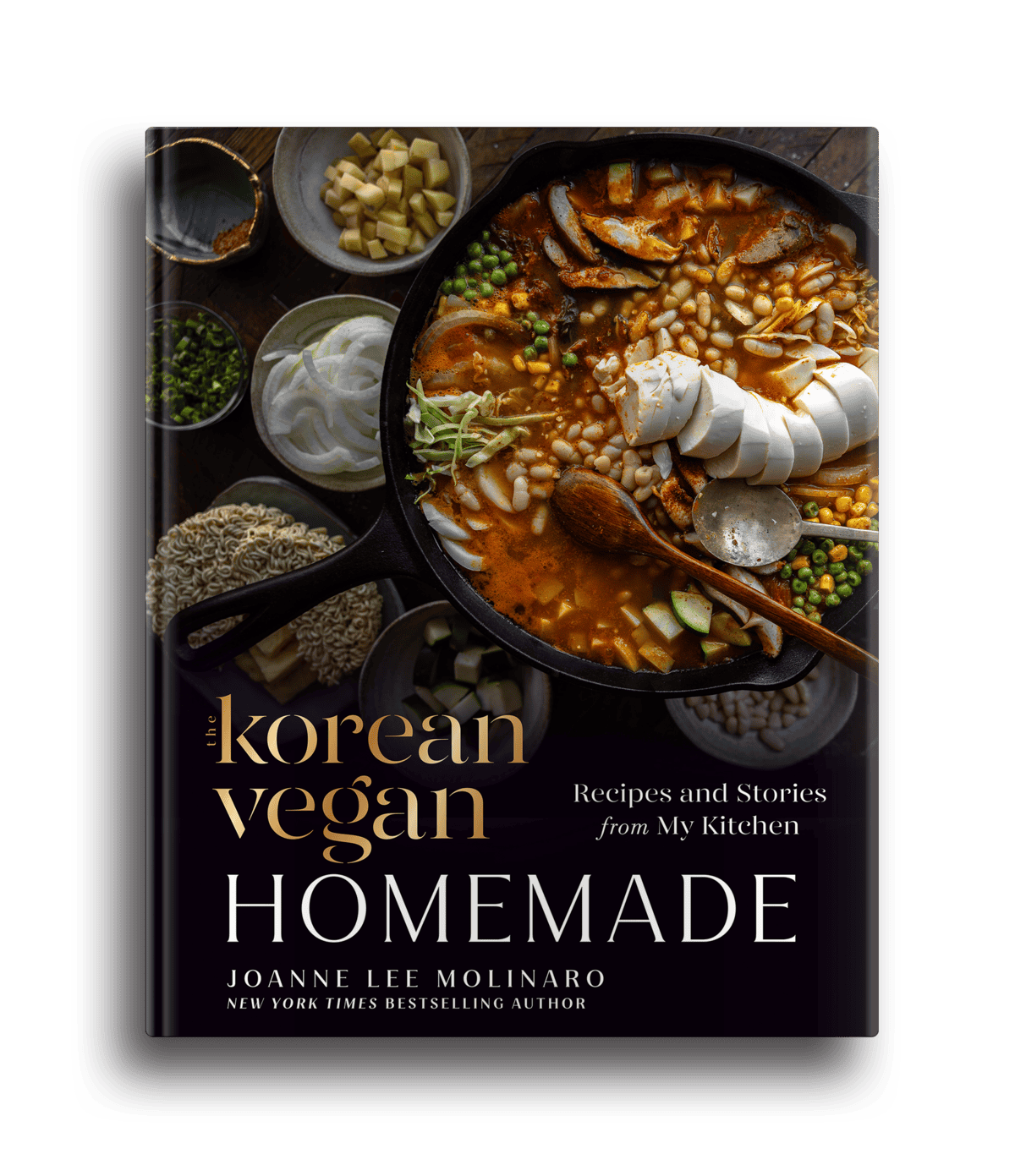Should I Start a Gratitude Journal?

Gratitude Journaling?
A few weeks ago, a friend of mine mentioned she’d started doing a “gratitude journal” to battle a sudden bout of melancholy that had befallen her. I wondered to myself, curiously, whether gratitude journaling could possibly be an effective cure or even coping mechanism for a “chronic case of the blues” (how a psychiatrist in the ER once described my own depressive episodes–a description I rather like). How could jotting down a few words each night before bed really combat overwhelming feelings of negativity, sadness, isolation?
It turns out that gratitude, in general, as well as those things that inspire us to feel gratitude (like gratitude journaling) can have a measurable impact on both our physical and mental health. Studies have shown that:
- Gratitude journaling or writing a letter of gratitude “can increase people’s happiness and overall positive mood”;
- “[M]ore grateful cardiac patients reported better sleep, less fatigue, and lower levels of cellular inflammation”;
- “[H]eart failure patients who kept a gratitude of journaling for eight weeks were more grateful and had reduced signs of inflammation afterwards”; and
- “[M]ore grateful people experience less depression and are more resilient following traumatic events.”
It turns out there’s quite a lot of science surrounding gratitude. And why not? If it is truly responsible for reducing “cellular inflammation” and fatigue, while improving sleep and resilience to trauma, gratitude sounds more effective than lots of over the counter medications.
Before diving in much further, though, what is gratitude? I like this definition proffered by Messers Emmons and McCullough: “recognizing that one has obtained a positive outcome” and “recognizing that there is an external source for this positive outcome.” And by “external source,” we’re talking about those things that are over and above whatever is your due (you are not “grateful” to your employer for paying your wages–that “positive outcome” is dependent on your work).
This definition presupposes an awareness–of what you’re due and not due, what’s positive and not positive, and the source of that outcome. However, it seems that our current notions (and feelings) of gratitude have evolved from something far more primal and instinctive:
“Animals as diverse as fish, birds, and vampire bats engage in ‘reciprocal altruism’ activities–behaviors that one animal performs to help another member of their species, even at a cost to themselves, presumably because they recognize at some instinctual level that the other individual may repay the favor at a later date.” Id. As such, some scientists posit that “gratitude may have evolved as a mechanism to drive this reciprocal altruism, thereby turning strangers into friends and allies who are more likely to help one another.” Id.
In addition to these observed behaviors in animals, neuroscientists have “identified brain areas that are likely involved in experiencing and expressing gratitude, providing further evidence for the idea that gratitude is an intrinsic component of the human experience.” Id.
Interestingly enough, there are some brains (i.e., personalities) that might be better equipped to feel gratitude than others. It turns out women, in general, report feeling more grateful than men (though, this could be as much a cultural thing as a genetic thing). Id. Some studies suggest that extraversion and agreeableness might be associated with higher levels of gratitude. Id.
Regardless, it is apparent that we could all stand to benefit a thing or two from the “disposition of gratitude.” In that vein, as cliched as it sounds, I encourage you to spend a few minutes today to jot down five things that you are grateful for, right now. I’ll go first:
- I am grateful that both my parents are relatively healthy, mobile, and financially stable.
- I am grateful that I have a very open, communicative, and loving relationship with my mom and dad.
- I am grateful that I get to wake up every morning and make a living doing something I really enjoy and sometimes even love.
- I am grateful that I have a husband who thinks I’m really smart and talented and fun to be around.
- I am very grateful for every single one of you reading this sentence right now.
And, as a bonus:
I am grateful for potatoes. Always and forever grateful for potatoes.
What are you grateful for?
I’ll get you started:
FREE E-Book: Seven Spectacular Side Dishes!
In case you missed it, I’ve spent the better part of this month developing, filming, writing, and putting together Seven Spectacular Sides, my new e-book for you to cook from for your next holiday party. Because, let’s face it–the best dishes on the table are almost always side dishes!! I want you to have plenty of time to try making these before your big day, so you can figure out which of these you want to be your showstopper! Or, you can make them all–I mean, they’re that good!!

If you’re already subscribed to my newsletter, the direct link to my e-book is in your inbox. If not, click the button above to subscribe and get cookin’!!
Parting Thoughts.
I’ve spent the past few days in my parents’ home in Wilmette, Illinois. This home is like a book. Flip open its worn cover and you’ll read how often I’ve walked out the swinging screen door. How I’ve stepped down the short sidewalk to the driveway in sunshine, rain, and snow. Walked all the many dogs that have entered and exited the chapters of this book down to the fire hydrant at the end of the street, before turning back around.
Read further into this book, and you’ll see hundreds of pages devoted to the number of times I sat on the front step, pulling off, one-by-one, the needle like leaves of the shrubs guarding the windows looking out onto the street, reciting, “He loves me, he loves me not,” scattering them into the lawn no matter my destiny.
You’ll also see a blurb about the time my uncle and his family moved in with us (when their apartment building burned down). My uncle would clear the driveway of snow using his truck, turn the engine of my car on so it warmed up before I headed out for class and Omma went to work. My aunt cooked something mouthwatering for dinner each night and the house was the warmest it had ever been, despite the coldest winter storm in years outside that front door.
You’ll even read about the times my brother and I got locked out of the house because Daddy was out playing golf or listening to music so loudly he couldn’t hear the doorbell. But it was all ok because the weather was nice and we’d while away the time playing games on the front lawn or wandering around the neighborhood or sitting down and reading a book.
Buried between long, boring dissertations on the weeds crowding the grass, the crabapple tree that was cut down one summer and then replaced with a peach tree, the way the snow dissolves into the soil each winter, you’ll find a few pages devoted to the time I knelt into the soft ground waiting for my love to reappear. How my heart pounded so hard I could feel it throbbing in my hands as I pulled out another weed and my love’s sneakers–a faded pair of Van’s–appeared beneath my nose.
You’ll read about how he pulled off the shirt I’d given him as a gift and threw it on the lawn before getting back into his truck and driving away. How the smell of the dirt caked between my fingernails, the brown leaves, the weeds still caught inside my fingers–how these smells stayed with me for years and years and years, long after the taillights of his truck disappeared past the fire hydrant around the bend.
This book holds so many thousands of tissue paper pages, it should honestly be divided into multiple volumes, like the encyclopedias my mother purchased from the door-to-door salesman with the funny hat and oily smile; but, no one wants to bother. And I can’t say I blame them either. It’s a humble book, packed with stories that will and should remain anonymous and unread.
For the most part.
Wishing you all the best,
-Joanne






1. I’m grateful for my wife, and that I made her list 🙂 And I’m grateful that she’s grateful for potatoes!
2. I am grateful for Lulu, who keeps us smiling every day.
3. I’m grateful for our amazing family and friends.
4. I’m grateful for freedom in its many forms, and the ability to advocate for those who experience fewer than we do.
5. I’m grateful for my good health.
More and more I have become aware of the gift of Nature. Its so beautiful and I am grateful for this gift. I think gratitude is close to positivity, and at times, it may be difficult to “stay on point”. Use whatever it takes, a journal or a quiet walk in nature, to return to it.
I’m grateful for periodic reminders to be my better self, such as today’s Korean Vegan message and another one in my inbox from one of my Buddhist sources pointing out that metta (lovingkindness) can serve as a defensive weapon (trust me, it makes sense).
Gratitude as a conscious practice has the effect of heightening awareness in general. On a recent Clear+Vivid podcast host Alan Alda interviewed someone who had done an exploration of the actual working lives of people in a great variety of professions. A couples therapist had told him about an exercise she assigns to couples: they are leave one another Post-It notes twice a day with little message thanking their partner for something. It could be something quite trivial. It turns out that the practice encourages paying attention more (or all) of the time, so that one develops a habit of noticing the little things.
To return to the Buddhist perspective, developing the capacity to be thankful for the apparently negative stuff also has its uses. Challenges, setbacks, losses, betrayals, and on and on–all are ultimately teachers. Last week I heard a woman who had lost both legs to cancer in her 20s say that she was thankful that it had happened. Part of me was aghast, but I could hear her sincerity as she talked about the positive changes this disaster had brought her.
I’ve been working off-and-on for a few years on a memoir, one unwritten chapter of which is a pair of lists for each of my long-deceased parents. On one side I’d list the things I’m thankful for and on the other those I’m decidedly not thankful for. Example: Thank you, Mother, for always reading me a bedtime story. But no thanks for not getting a piano because we were always about to move (we lived in the same house for years). You’ve suggested to me that I should look at the no-thanks list and consider how each item might in truth have had a beneficial effect.
In any case, thanksgiving need not be restricted to one day per year.
I have tried to keep a gratitude journal for many years, but it’s been an on-and-mostly-off proposition until a few months ago. I’ve always known that I had much to be grateful for but a few life challenges made me want to have a daily reminder of that.
My daily entries include things big and small, and sometimes a little silly. E.g., I am grateful for cold brew coffee, unexpected kindness, free will, having an education, being independent and resilient, really good bread, and yes, potatoes. (In every possible iteration.)
While I grieve for them, I am profoundly grateful for the family of a young woman that made the decision to donate her organs eight months ago. (Yesterday was my eight-month anniversary for bilateral lung transplant.) I am also grateful for my family and friends, and the amazing team of doctors and nurses at the transplant center/hospital.
For all the reasons you wrote about, I’m certain that consciously feeling gratitude every day is a big factor in why I’m doing so well post-transplant. (That and Pilates… which I’m still not sure I’m grateful for.)
I am grateful for your writing, thanks Joanne
Lara,
And I am indescribably grateful for your reading. Hope you have a wonderful week, no matter what you are up to!! <3
Joanne.